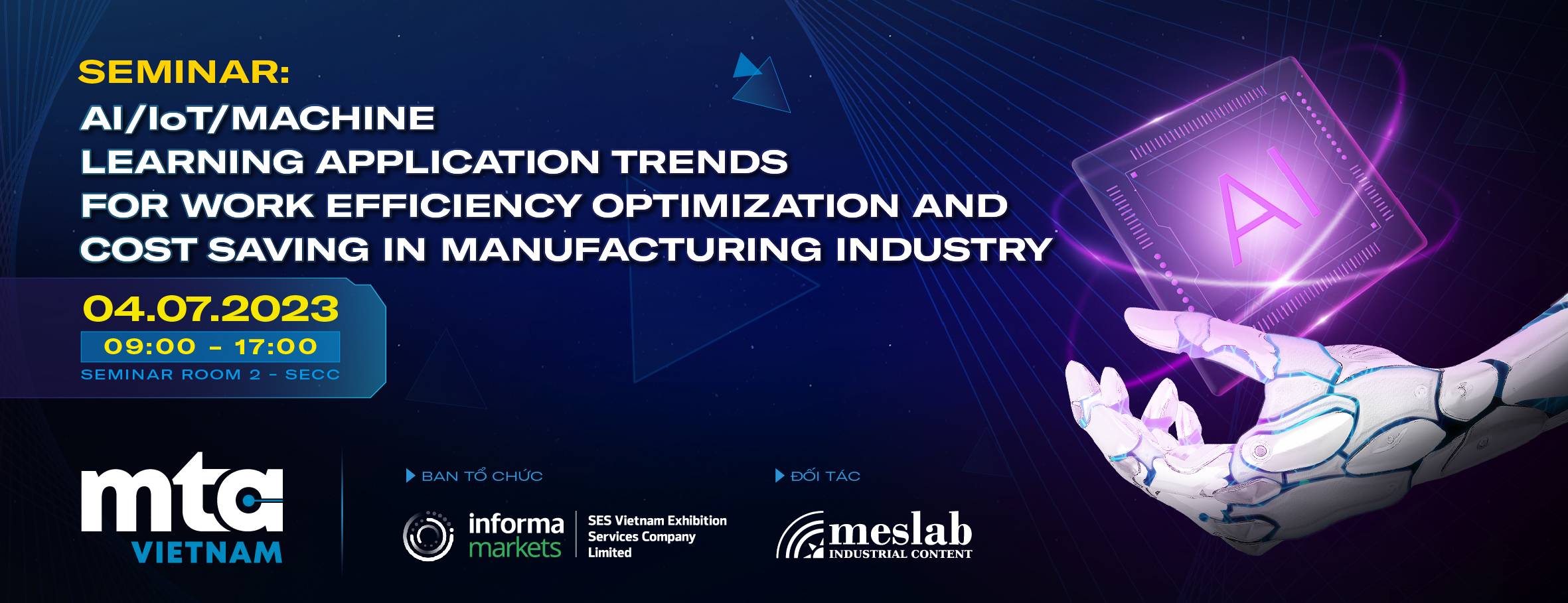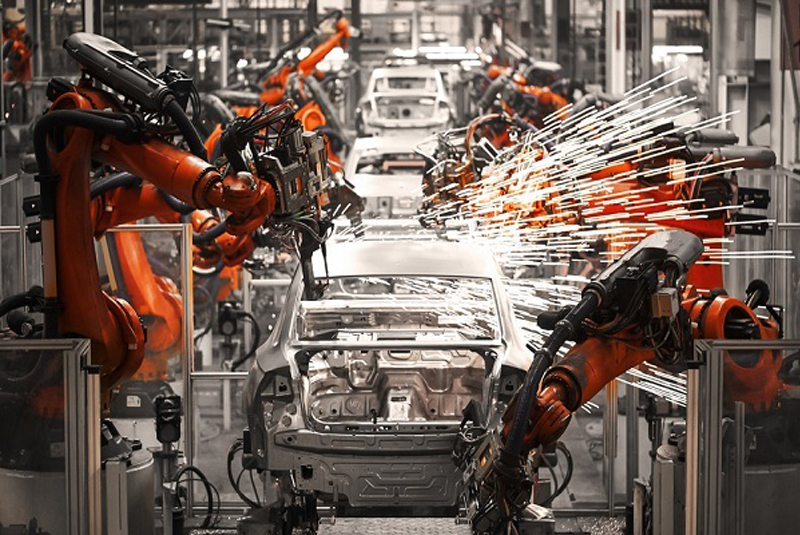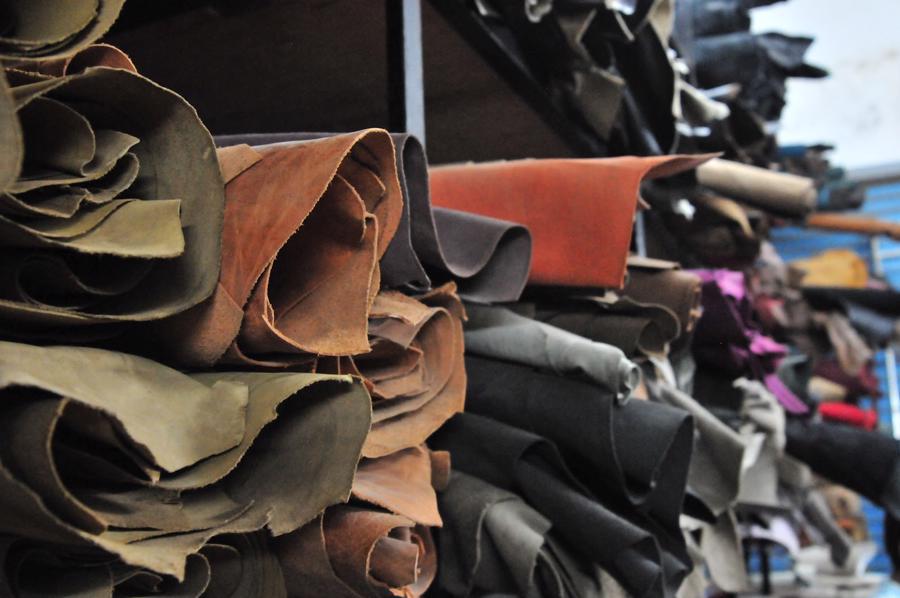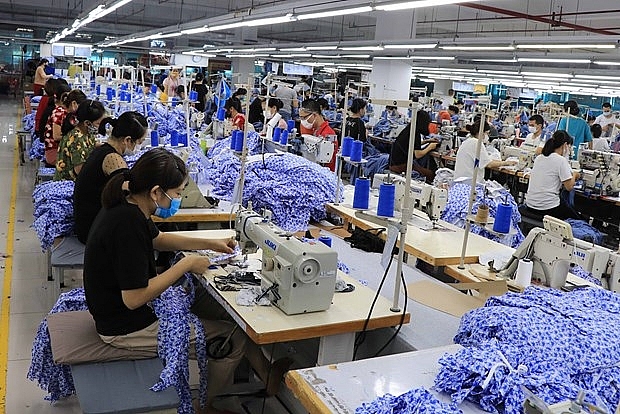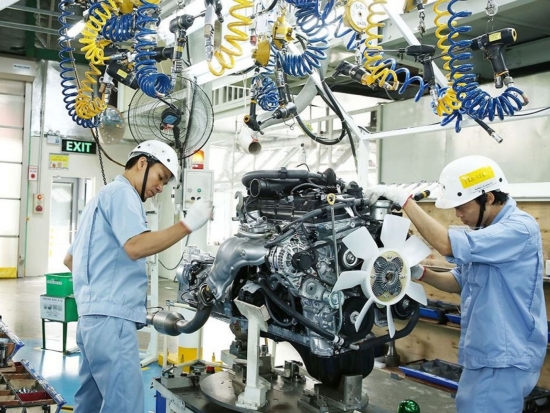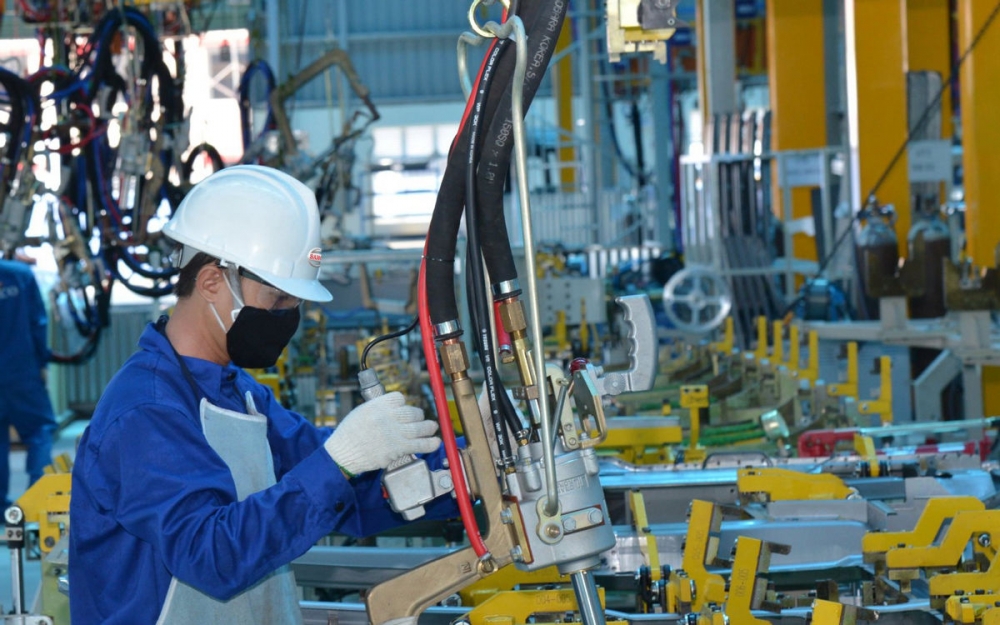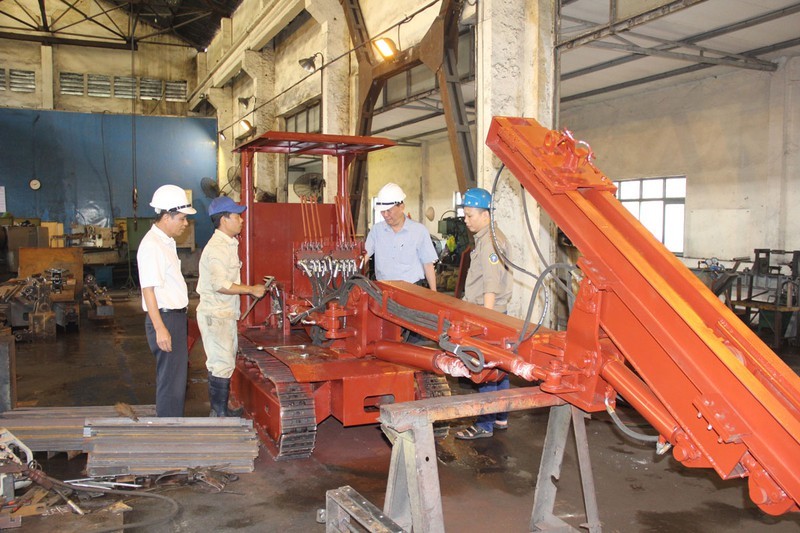China is the world’s leading manufacturer of automobiles and commercial vehicles, accounting for about 25.4% of the global automobile and commercial vehicle market, about 20% are domestic carriers.
The change in economic development policy, especially the opening of the door to attracting foreign direct investment (FDI) from after 1978 is the most important policy promoting industrial development in support of the automobile industry. Arguably, China has quickly lifted barriers and enacted open policies to attract FDI into the automotive industry. As a result, most of the world’s major automakers have been present in China, such as Volkswagen of Germany, GM and Ford of the USA, Toyota of Japan and Peugeot – Citroen and Fiat of Europe.

This is seen as a turning point in the development of the Chinese automobile industry. However, because it has not been focused on development, in the early stages of this period, the support industry for the automobile industry has only developed at a low level, still weak in both technological capacity, financial and human resources ability, low-quality product production. Therefore, components and spare parts are mainly imported from countries with strong supporting industries such as the United States, Japan, Germany. Then, in order to strengthen the competitiveness of the domestic automobile industry, China has made policy adjustments to facilitate and prioritize attracting FDI to industrial sectors that support the automobile industry.
China has established policies that encourage the process of technological learning, and move from horizontal alignment (in width) to vertical alignment (in depth) in the domestic automotive industry value chain. To take advantage of the market and attract foreign investors, China does not apply domestic consumption restrictions. On the contrary, China encourages enterprises in the automobile manufacturing and assembly industry in China to consume in the domestic market, enacting policies to restrict the import of cars produced abroad. Thus, China has attracted many foreign automobile manufacturing corporations to invest directly in the Chinese market.
Along with this, China has also issued and adopted many policies to encourage and promote the development of a large domestic auto parts and components market, and to connect domestic manufacturers. China encourages domestic firms to make links and joint ventures with major foreign firms, connecting small and medium-sized enterprises to supply domestic spare parts and components.
China develops and encourages the adoption of programs to promote industrial development in support of the domestic automobile industry. China allows foreign automakers to participate in an industry development promotion program that supports the automotive industry in China through the establishment of selection criteria. Accordingly, large foreign companies can make policies and set of criteria to select partners are domestic companies that are qualified to manufacture and supply parts and accessories for them.
When selected, these domestic enterprises will be supported comprehensively, and strengthened their production capacity so that they can become a participant in the firm’s production network. For example, in 1997, GM Group set criteria for the selection of 1- 2 Chinese suppliers of components and spare parts based on regulations that meet quality, service, technology and price standards, in accordance with their actual operations on a global scale. This creates huge opportunities for Chinese domestic companies to learn technology and improve production capacity to meet international standards of product quality and participate in the global automotive value chain.
China uses state-owned enterprises (SOEs) as a tool in its industrial development strategy in support of the domestic automobile industry. The large SOEs both participate in assembly joint ventures and invest in the development of auto parts and accessories manufacturing facilities. Joint ventures play a role in enhancing the adaptability and greater depth of domestic production facilities to supply foreign firms. More than 100 joint ventures in Shanghai supplying components to major foreign automakers have been established.
These joint ventures are often concentrated in a certain geographic area which has created a great advantage in minimizing transaction costs and shortening the supply time.
China builds and thrives on industrial clusters that focus on supporting industries in order to minimize transaction costs, promote the process of learning and technology transfer, and ultimately improve the overall competitiveness of the industry. China has developed concentrated regions (clusters) for industrial support for the automotive industry. In addition, China has promoted the formation and development of trade zones to promote the exchange of goods as focal markets for industrial clusters supporting development.
The development of joint enterprises follows the demand for details, parts and components from subcontractors who are other SMEs. Thereby, China’s domestic carriers gradually joined the global automotive industry value chain.
China creates an enabling environment for private sector SMEs to engage in industrial support for the automobile industry in the local manufacturing network. In addition to attracting foreign automakers to invest, China enacts many policies to support and encourage the development of private enterprises engaged in the production of automotive and mechanical parts and accessories.
Preferential tax policies, credit support and many other measures encourage foreign companies to use locally produced components that are important for the development of the automotive industry. The Chinese government has also encouraged joint ventures to create local brand cars and this has contributed to the linkage between domestic enterprises and foreign enterprises, in which large enterprises play a central role in attracting linkages and transferring technology to local satellite enterprises.
China attaches importance to human resource development policy for supporting industrial development. To quickly master technology in the automotive industry and work towards industrial localization in support of the automotive industry, China has constantly sought and developed high-quality human resources both at home and abroad. China implements policies to attract high-quality human resources from the large U.S. engineering force to work in the industry supporting the domestic automobile industry. China also implemented an international engineer training program to help manufacturers build high-tech engines, meeting Euro IV standards, the highest emission standards today. To recruit students to study in the United States and other countries where the automobile industry has developed domestically. In particular, China offers attractive policies to attract experts and senior engineers from major companies in the world.
By Ministry of Industry and Trade
Must Read

2023 PARTICIPANT LIST


[Seminar] INDUSTRIAL METROLOGY


MTA Vietnam 2022 Webinar


ADB is optimistic about Vietnam’s economy


MTA Vietnam 2021 x Bystronic Webinar


CONFERENCE SERIES


ONLINE BUSINESS MATCHING PROGRAMMES
- #MTAVietnam /
- #MTAVietnam2022 /
- #MTAVN /
You may be interested in




REPORT ON THE PRODUCTION AND BUSINESS TRENDS OF THE PROCESSING, MANUFACTURING INDUSTRIES IN THE FIRST QUARTER OF 2024 AND FORECAST FOR THE SECOND QUARTER OF 2024


Industrial production in the first two months of the year increased by 5.7% compared to the same period


Việt Nam có thể trở thành ‘con rồng AI’


Vietnam is ready to welcome the wave of investment in smart manufacturing chains.


Humanoid robot converses with OpenAI language AI


Boeing supplier greenlighted to build $20M plant in Vietnam
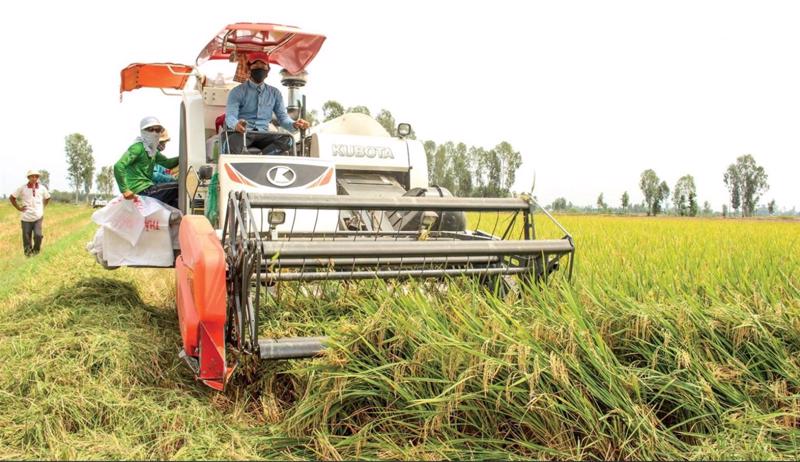

Vietnam is a potential market for companies engaged in the manufacturing of agricultural machinery and equipment


‘The Giant’ Goertek is expected to invest over 6,800 billion VND in Vietnam to expand production. Which locality will be chosen?





